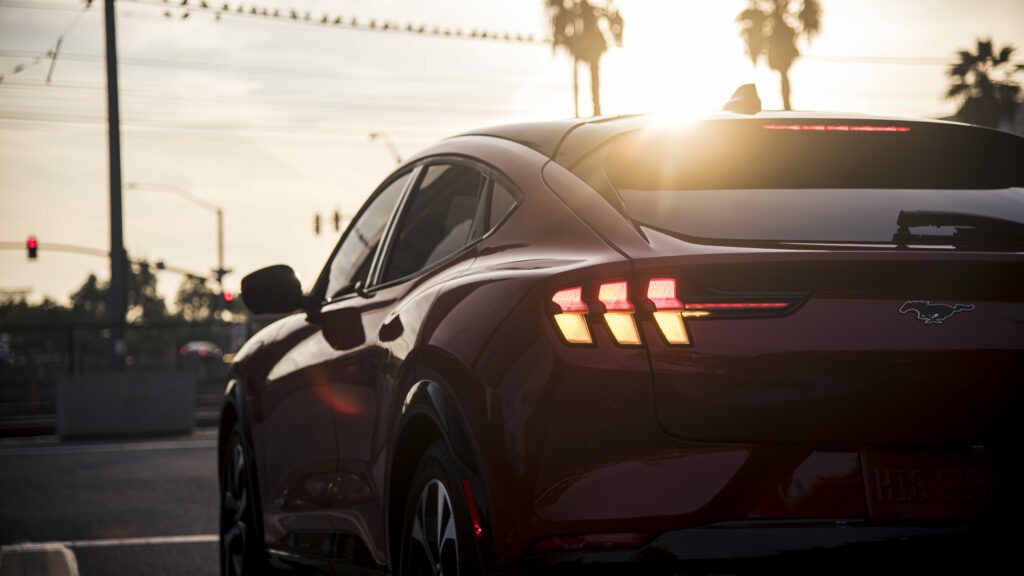Purchasing a vehicle is a significant financial decision, and the location where you make that purchase can drastically impact the overall cost. Factors such as state taxes, fees, and the availability of vehicles can vary widely, leading to considerable differences in your final expenditure. As we look ahead to 2025, understanding which states offer the most favorable conditions for car buying is crucial. Let’s explore the states that provide the best opportunities for savings and a smoother purchasing experience.
Top States to Buy a Car: Maximize Your Savings
Certain states consistently rank as excellent choices for car buyers due to their advantageous financial landscapes. Notably, states like Alaska, Montana, Oregon, Delaware, and New Hampshire stand out because they do not impose a statewide sales tax. This lack of sales tax can translate to substantial savings, especially on higher-priced vehicles. Beyond sales tax, these states often have lower than average documentation fees and other unexpected charges, contributing to a more budget-friendly car buying process. Iowa also deserves recognition for its remarkably affordable car insurance rates, averaging under $720 annually, which can lead to significant long-term savings for car owners.
 Car buying cheat sheet
Car buying cheat sheet
While the aforementioned states offer no sales tax, several others feature notably low statewide sales tax rates, making them attractive options as well. States such as Alabama (2%), Colorado (2.9%), Hawaii (4%), Louisiana (4%), Missouri (4.23%), New Mexico (4%), New York (4%), North Carolina (3%), Oklahoma (3.25%), South Dakota (4%), and Virginia (4.15%) all boast sales tax rates between 2% and 5%. Choosing to buy a car in one of these states, depending on the vehicle’s price, could save you hundreds, or even thousands, of dollars compared to states with higher tax rates.
Documentation fees, often called “doc fees,” are another critical cost factor. These fees are charged by dealerships to cover the administrative expenses of preparing and filing sales contracts. Many states do not regulate these fees, resulting in wide variations. However, some states have consistently low doc fees, further enhancing their appeal for car buyers. In 2023, the states with the lowest doc fees included Minnesota ($75), Arkansas ($110), Oregon ($115), South Dakota ($115), Iowa ($135), Texas ($150), Washington ($150), and Indiana ($150). California, while having a low average doc fee of $85, is less favorable overall due to high sales taxes and limited new car inventory.
States to Avoid When Buying a Car: Steer Clear of High Costs and Low Inventory
 Florida is one of the worst states to buy a new car in
Florida is one of the worst states to buy a new car in
Conversely, some states present less favorable conditions for car purchases. Florida, California, and several other states in the southern region often grapple with the lowest supply of new cars. This limited inventory can make it challenging to find the specific make and model you desire and may reduce your negotiating power. Furthermore, states with high costs of living, such as Alabama, Arizona, California, and Tennessee, can impose additional fees that can add up to around $2,000 on average, significantly increasing the total cost of your vehicle.
Documentation fees can become particularly burdensome in certain states. Alabama, Virginia, and North Carolina are known for high doc fees, ranging from $485 to as much as $599. Florida stands out as one of the least desirable states for purchasing new cars. It has no caps on documentation fees, which average around $995, and it suffers from a restricted supply of new vehicles.
According to CarEdge data for 2025, the states facing the most constrained new car supply include:
- Georgia
- Florida
- California
- New Jersey
- Texas
Interestingly, while Florida may be less advantageous for new car purchases, its robust used car market can be more appealing to buyers interested in pre-owned vehicles. This is partly due to Florida’s large senior population and a consistent influx of used vehicles. However, it’s important to exercise caution in Florida’s used car market due to a higher risk of encountering flood-damaged vehicles.
Making Smart Car Buying Choices in 2025
Navigating the car buying process involves considering numerous factors, and your geographic location is a significant one. By understanding the variations in sales taxes, fees, and vehicle availability across different states, you can make a more informed decision. Choosing a state with favorable conditions can lead to substantial savings and a more satisfying car buying experience as you head into 2025.